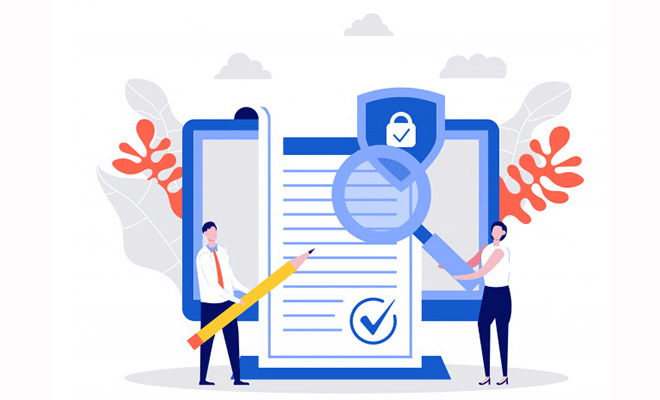Who Should Apply for Copyright Objection and Why?
Copyright is a core pillar of creative and business protection—but what happens when you spot someone trying to register a work that infringes on your rights or originality? Filing a copyright objection is your legal safeguard, and understanding who should object (and why) is the first step to protecting your intellectual property and brand integrity. Here’s a clear, human-centered guide.
Who Can File a Copyright Objection?
1. Original Creators and Rightful Owners
If you believe a new copyright application covers work you have already created, published, or registered, you should object. This includes:
-
Authors, artists, composers, filmmakers, and software developers—if someone tries to copy your book, artwork, design, song, film, or code.
-
Companies and brands—protecting logos, marketing material, or trade content.
2. Current Licensees
If you hold a valid license or assignment granting you exclusive usage rights to a work, and believe a competing application would conflict with your rights, you are eligible to object.
3. Heirs or Successors
If you have inherited copyright (e.g., the family of a late author), and someone applies for a conflicting right to the same work, you can file an objection.
4. Anyone with a Genuine Interest
Courts and copyright offices in India also permit any third party with legitimate prior rights or a real stake (such as business partners or former collaborators) to object, provided you show clear evidence and justifiable cause.
Why File a Copyright Objection?
1. Protect Your Originality and Business Value
A copyright objection stops others from claiming rights over your original content, safeguarding your creative or commercial investments and market reputation.
2. Prevent Infringement and Loss of Rights
If you don’t act, the Registrar may grant copyright to someone else, weakening your ability to exploit, sell, or license your work and potentially exposing you to future legal battles and financial loss.
3. Resolve Disputes Early and Legally
The objection process allows for transparent, documented, and equitable resolution of disputes—before full registration—saving years of court time and costs down the road.
4. Strengthen Legal Ownership and Compliance
Filing and winning an objection strengthens your portfolio and makes subsequent enforcement easier, whether in local or global markets.
5. Ensure Fair Attribution and Royalties
Objecting to false or mistaken applications protects your royalties and guarantees your work gets the credit (and income) it deserves.
When Should You Apply?
-
Within 30 days of a new copyright application’s notice period (after the Diary Number is issued), as per the Indian copyright regulation.
-
Prompt action is critical so the Registrar can consider your objection before granting registration.
How to Apply for a Copyright Objection
-
Gather evidence: Your original work, dates, proof of creation/publication, and any contracts or prior registrations.
-
Draft a clear objection: State why the application conflicts with your rights, cite law and evidence, and address all relevant points.
-
File the objection: Submit your statement, evidence, and any required fees to the Copyright Office during the official window.
-
Prepare for possible hearing: Be ready to present your case or reply to additional queries from the registrar.
Humane Perspective
Filing a copyright objection isn’t just about legal wrangling—it’s about standing up for your work, your livelihood, and the value creativity adds to society. Whether you’re an artist, entrepreneur, or agency, asserting your rights at the right time isn’t just smart compliance; it’s an investment in your future originality and growth.
Visit - https://www.filingworld.in/
#filingworld
